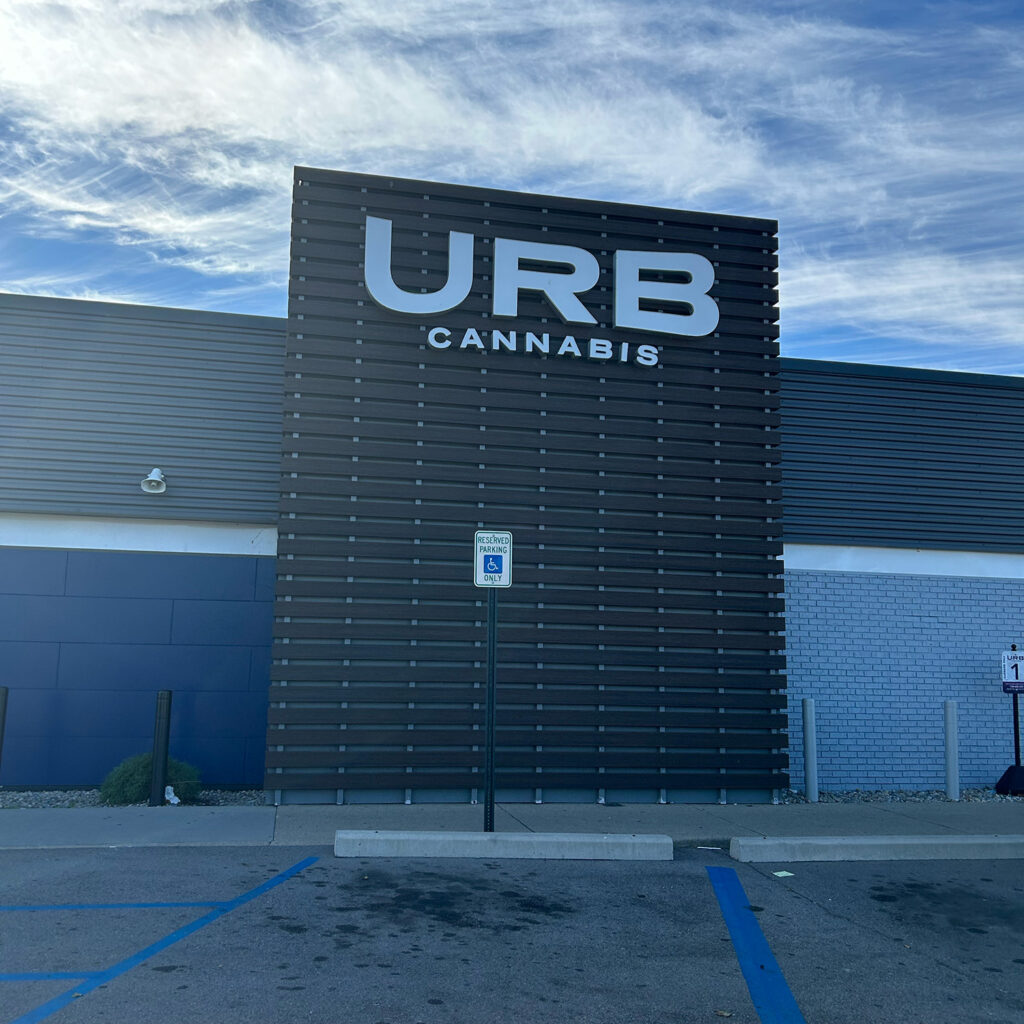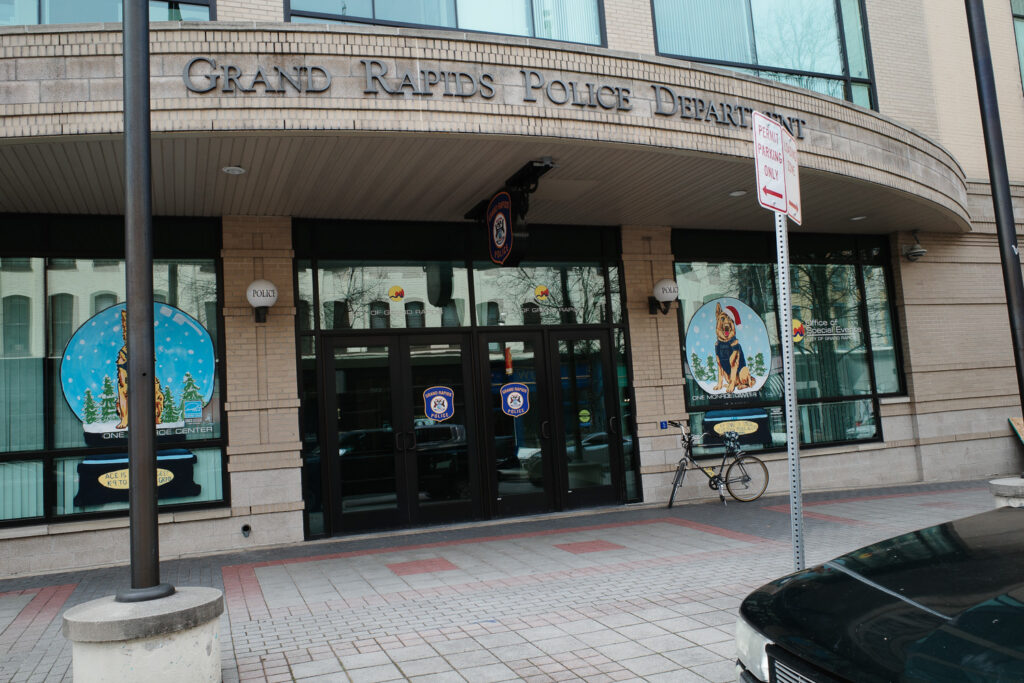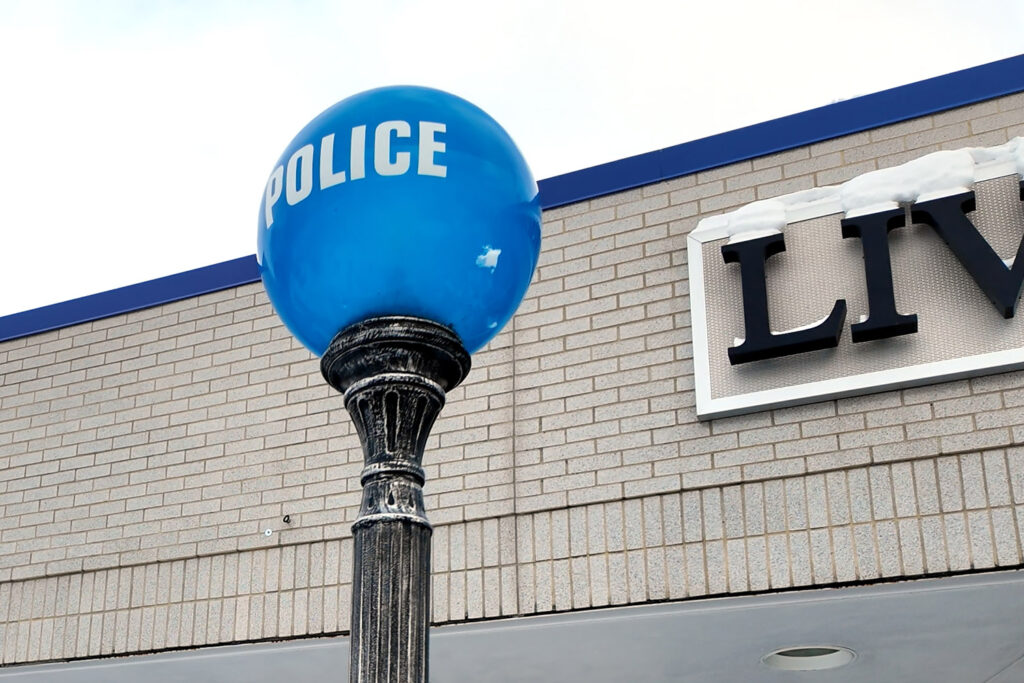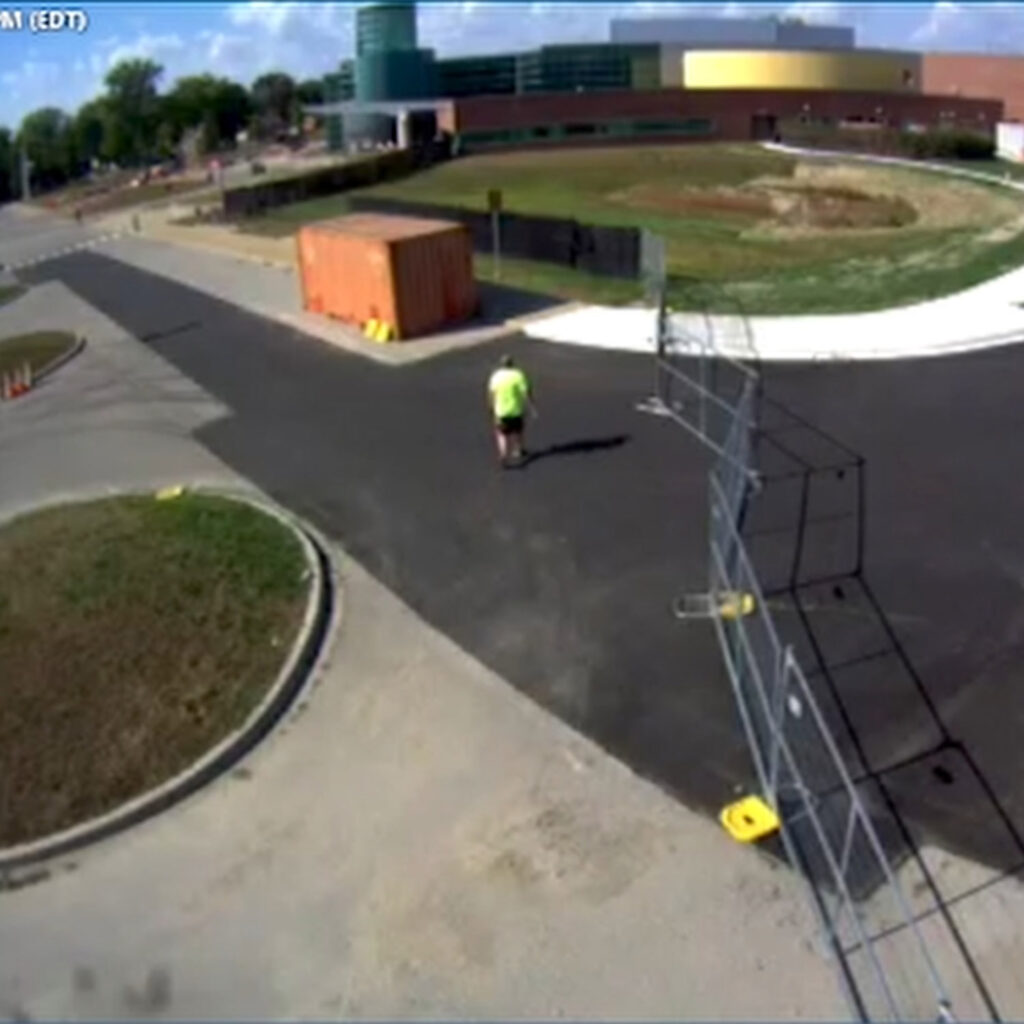I refrain from pot for a litany of personal reasons, but my objections to legalized cannabis don’t seem like a hill worth dying on. After all, the war over legalized weed in Michigan was fought, and the straight-edge forces lost at the ballot box. Today, seemingly everyone is smoking weed. The ubiquitous, pungent, nostril-stinging aroma that blasts you anywhere where foot traffic is frequent proves it.
Legalized weed in Michigan is here to stay, but it’s causing significant geographical and socioeconomic tension in the state.
While recreational cannabis is legal at the state level, cities and municipalities have the final word on selling, growing, and distributing within their borders. I was stunned to learn that of the approximately 1,300 municipalities in Michigan, only 100 allow dispensaries to operate there, creating hot spots for weed distribution.
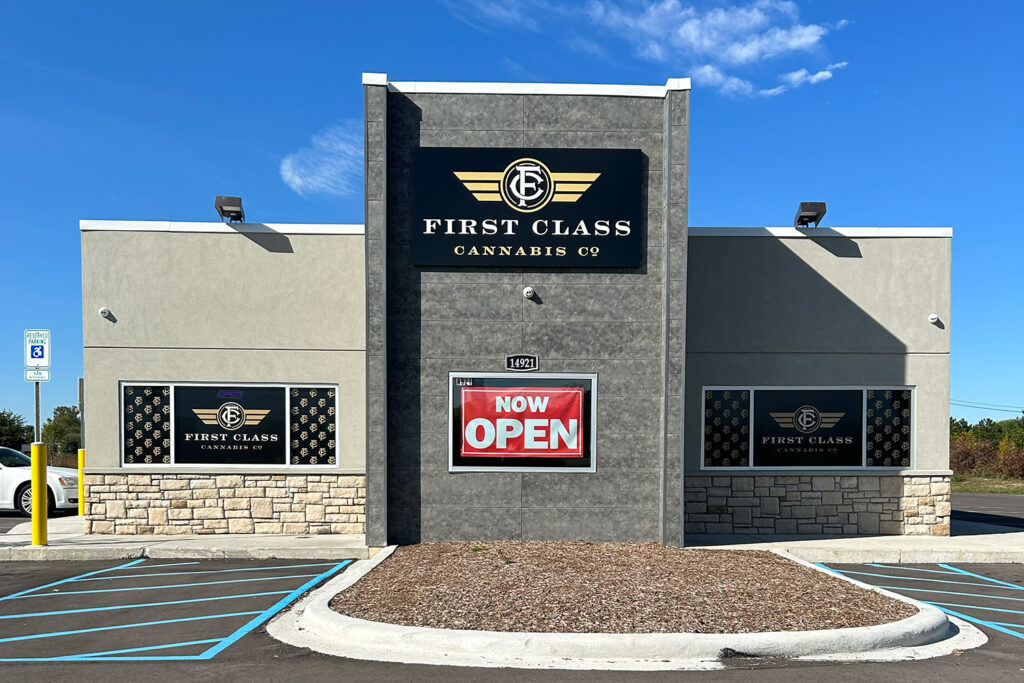
Even more interesting are the cold spots—places that do not allow distribution. One of the largest cannabis dealers in Michigan told me that places like Livonia and Northville—which are heavily residential and, according to him, contain a considerable number of people who use cannabis—don’t want it sold, distributed, or used anywhere near them. So weed dealers have found nearby cities to set up shop, such as Redford, whose city council just gave the green light for dispensaries to begin opening.
Who’s smoking weed? In short, everyone. We tend to think of younger people and minorities “going loud” and stinking of weed, but it’s everyone, and there is a recent surge in white males between 30 and 55.
The irony of legalized recreational cannabis is that the state of Michigan has actually bolstered the black market for weed by tagging the legal product with a 16% sales tax. The cannabis operator I spoke with laughed at the prospect of opening a dispensary on or near a college campus.
“Nobody would buy from me,” he said. Students and other young people all know a cash dealer, living in their apartment complex, dorm, or frat house, who can undercut the tax. It’s older millennial and Gen X smokers with more disposable income who are more likely to drive a few miles to the nearest dispensary.
Location is the key to the entire game. Hot spots are located near enough to the cold spots, so Nimby consumers can get their weed and get back home quickly. Hence the deluge of cannabis dispensaries along Eight Mile, extending the entire 20-mile length of the northern Detroit Border and creating a corridor of vice full of strip clubs, liquor stores, jewelry and loans, and pay-by-the-week motels. It’s the Mos Eisley of southeastern Michigan. White suburbanites can buy weed and sin without actually having to enter Detroit.
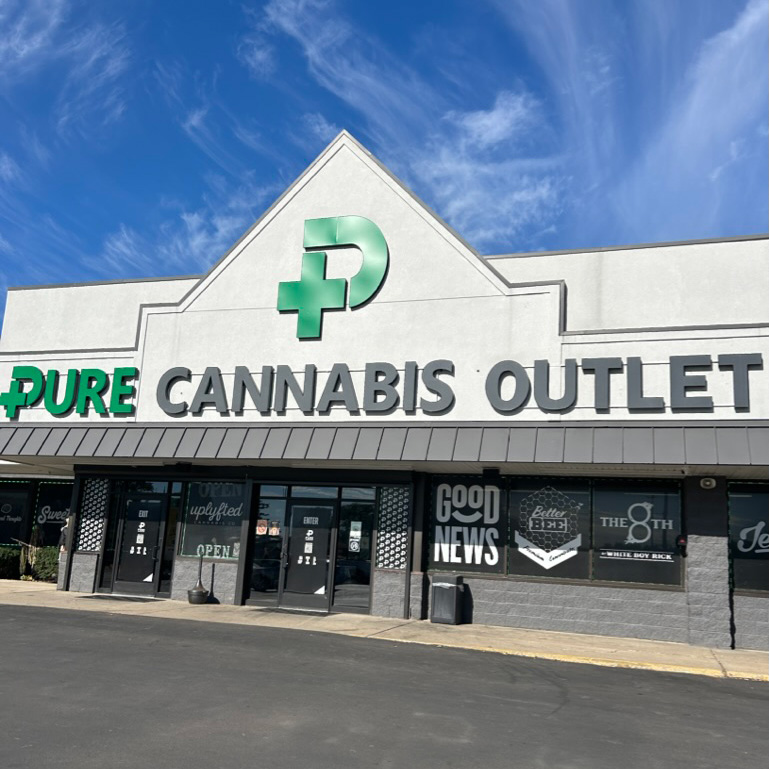
This location dynamic has benefited small and midsize towns near freeways and larger cities such as Lowell, located outside Grand Rapids and a short drive off I-96, where several weed dispensaries have opened along a M-21. The hottest of hot spots is New Buffalo, located right off I-94 and a few miles from the Michigan-Illinois border.
Some municipalities are taking advantage of a new-age mafia grift benefiting the elected governments via the charitable give-back. The operator detailed the annoying reality of this new form of rent seeking. Certain cities, such as Holly, will allow him to operate in their area, but he must make a large donation to the city. He jokingly mentioned, “I bought them a new park,” and pondered what he might have to buy the city next year.
Even with this economic growth and available tax revenue, places like Livonia still won’t budge. According to the operator, several elected officials have indicated an open mind to the cannabis industry, but no movement on the issue has occurred. In fact, according to him, the mayor and city council won’t even discuss it in a public forum.
Brandon McCullough, the current Livonia City Council President and a proponent of the cannabis industry, is known for having a finger on the pulse of the residents, and he put a lid on the idea of weed ever being sold legally in the city.
He says Livonia residents have a keen eye on the possible second- and third-order effects that weed dispensaries could bring into Livonia, like a rise in crime and overall degradation of the residential aesthetic. Sensitive to these concerns, McCullough has floated the idea of allowing dispensaries within the industrial corridor of Livonia, south of the I-96 Service Drive, but he’s found no political willpower within the city to move on it.
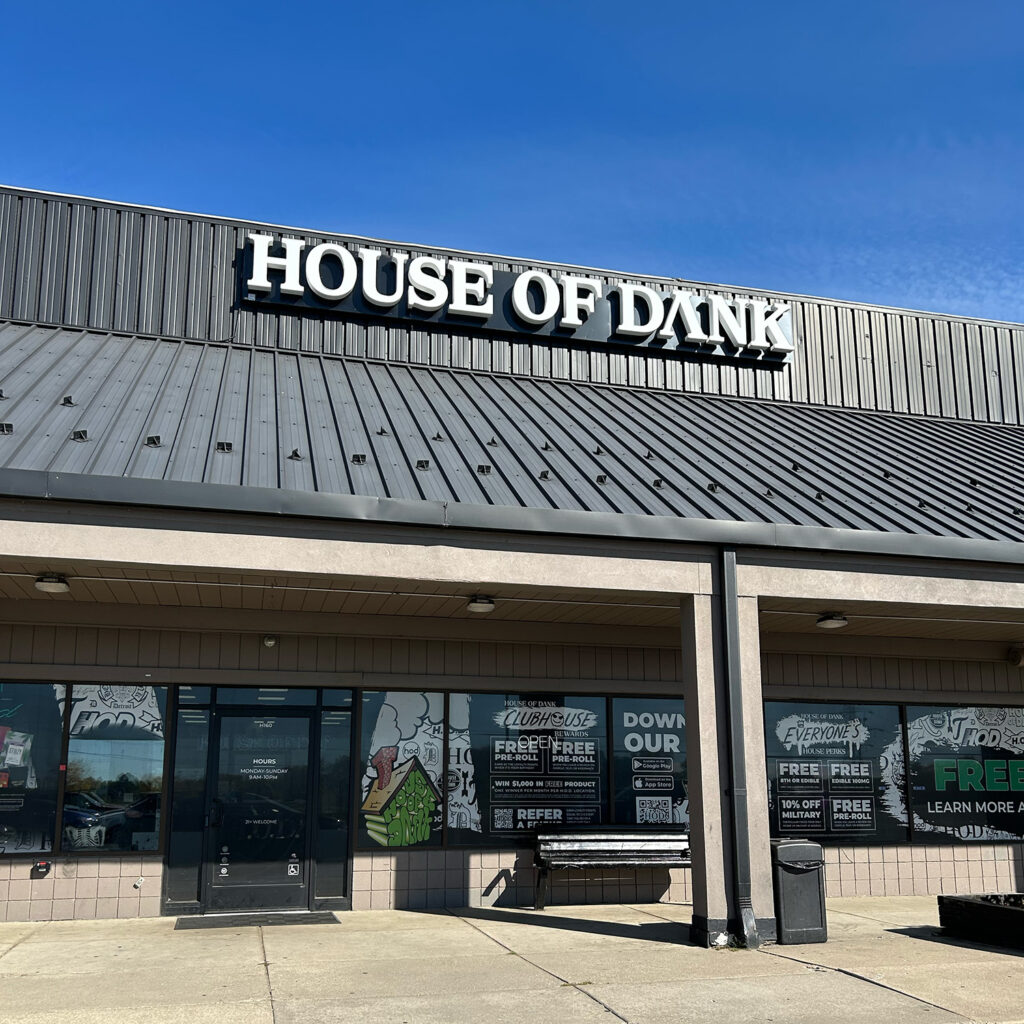
That said, McCullough, who describes himself as a progressive minded politician, was sympathetic to the more conservative members of the council and residents on the issue. He tends to agree with many of their fears about the issue, and he too wants to preserve the middle and upper-middle residential aesthetic that many people purposely move to the city to embrace. He was quite blunt in this regard and called it common sense that cannabis dispensaries should not be located where they’re not wanted, regardless of the economic growth factors.
There is another possibility, which no politician in the city will speak of openly, but is often referenced in euphemisms. Weed dispensaries often operate within working-class and working-poor boroughs. White, college-educated families don’t want undesirable traffic entering their cities. This mostly unspoken truism played out when Walmart opened for business in Livonia several years ago, and city residents were outraged.
To that point, the cannabis dealer I spoke with claims the stigma around weed is due to ignorance, and he eloquently detailed the greater danger of liquor to public safety and the various comorbidities alcohol exacerbates. Nevertheless, the stigma is the reality, and while the weed industry is emergent in Michigan, he speculated, “Big weed has reached its limit in expansion.”
After decades of cultural normalization, weed has become a non-issue for elected officials and state legislators. The issue has been decided at the state level and left to the municipalities in a sort of micro-federalism.
Left to govern themselves, Livonia and other similar places have simply said: “We don’t do that here.”
J.Z. Delorean is a writer for Michigan Enjoyer and has been a Metro Detroit-based professional investigator for 22 years. Follow him on X @Stainless31.
